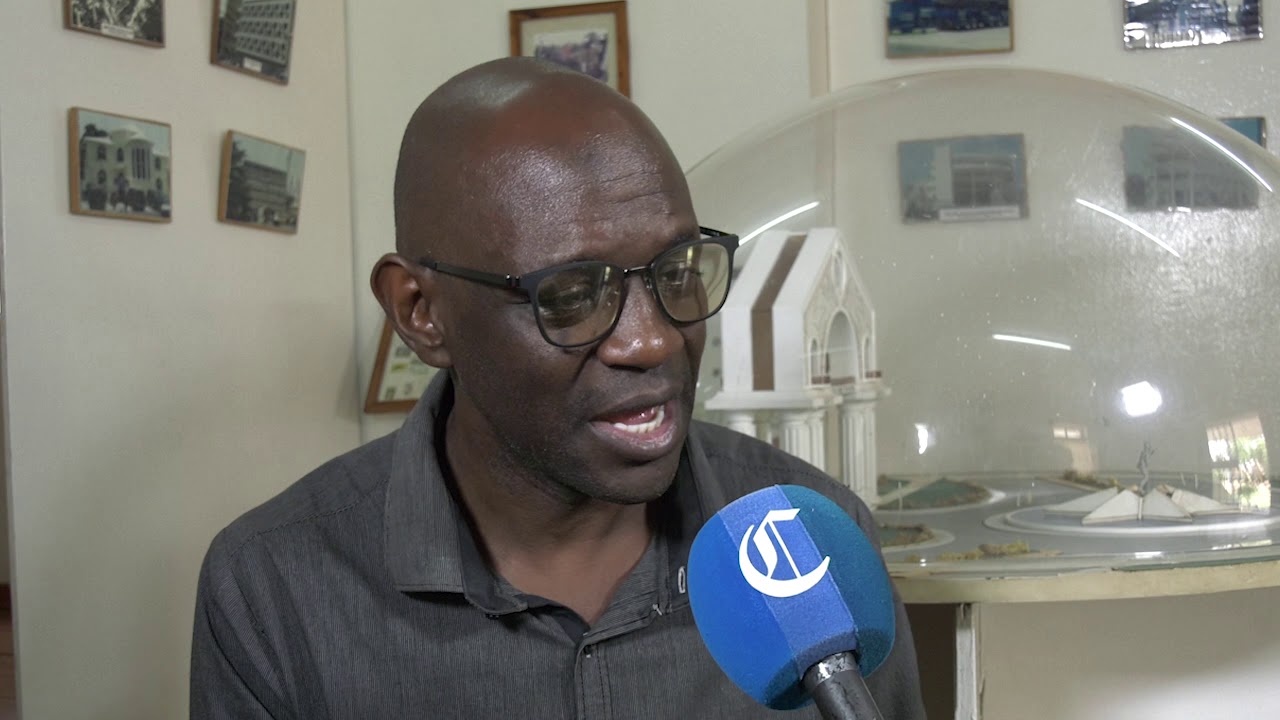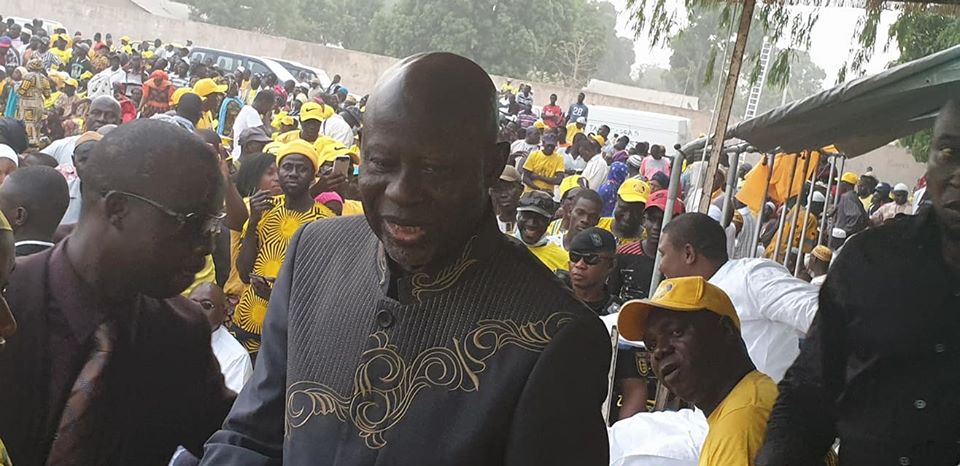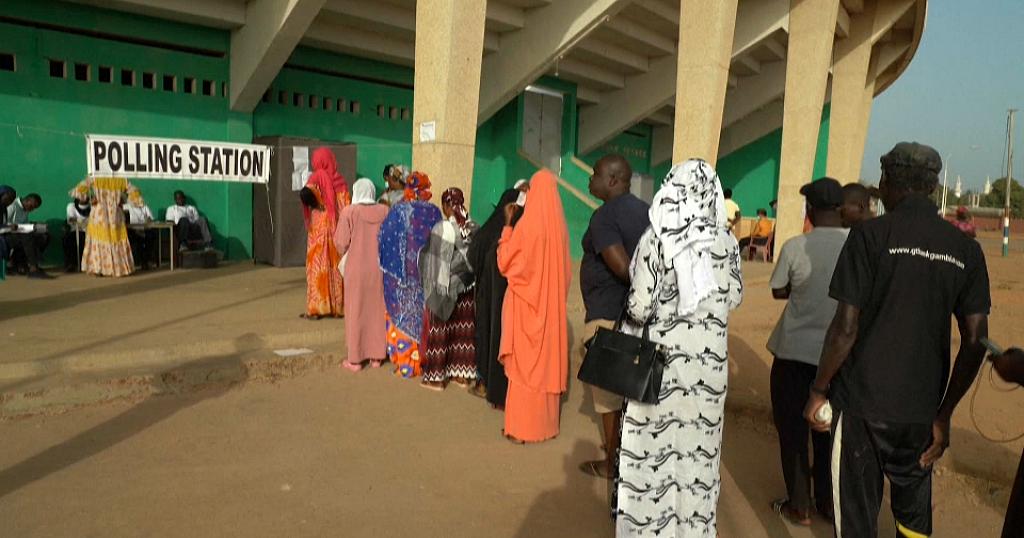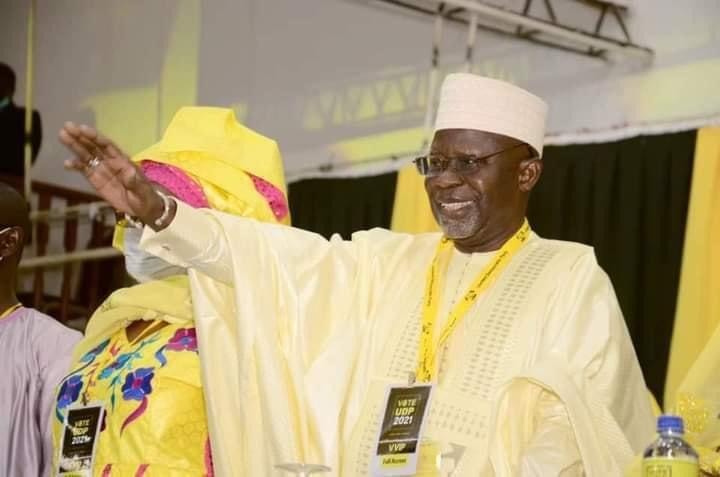By Adama Makasuba
Top Gambian historian and a lecturer has strongly advised the Independent Electoral Commission to retain the marble voting system in the country amid its move to switch the country to paper balloting system in next or subsequent elections.
Political parties have differed on the Independent Electoral Commission’s decision – as some defended the marble system while some agreed to paper balloting.
“I want to write to the Chairman of IEC, Alieu Momarr Njai who say he wants to change the voting system from marble to paper balloting. But I think, the marble should be retained because I have made a research about the history of The Gambia 24 years now and the marble favoured the country,” Hassoum Ceesay advised.
He went on that “If they ask me about the symbol of The Gambian democracy, I will say the marble contributed in it, because it has nowhere.”
He said The Gambia is the only country on the continent that uses the marble voting system.
According to him the system has helped the country to change two democratically government of chief master Pierr Njie in the 1960s and former President Yahya Jammeh in 2016 presidential elections.
Mr Ceesay disclosed that the marble was introduced by commissioner Ord in 1960 “throughout Africa but it is only Gambia that uses the marble – The Gambia started voting in 1947.”
Meanwhile, he said: “Journalism played a key role in The Gambia’s independent. That’s why we should respect the work of journalists, if we say today new Gambia, it happened because the journalists helped Gambia to gain its independence. They are the one who paved the way, then people like Sir Dawda and Pierr Njie, JC Faye and IM Jahumpa followed who all played role in the nation’s independence.”
“But it was the journalists who first paved the way for independence. And if you ask why, I will say Edward Francis Small (first) started that,” he added.
The Gambia will click 56 years of nationhood on Thursday, 18th February – after it gained freedom from the four-century rule of the British.




